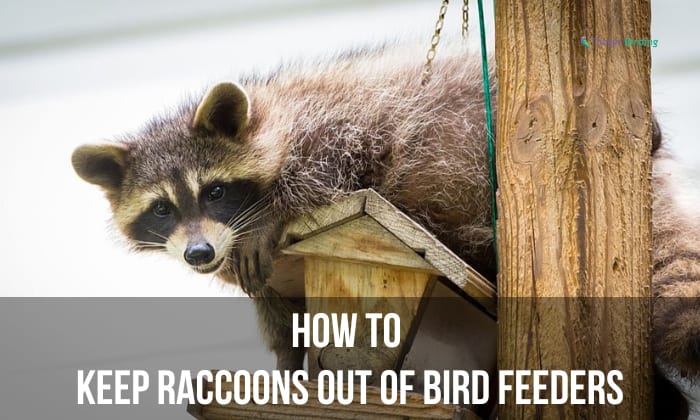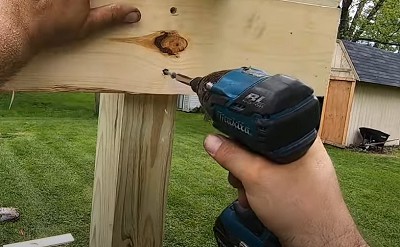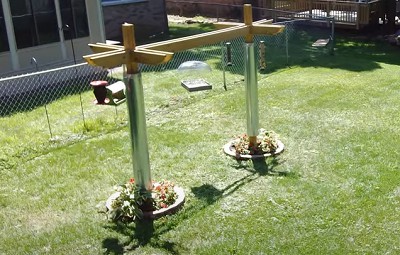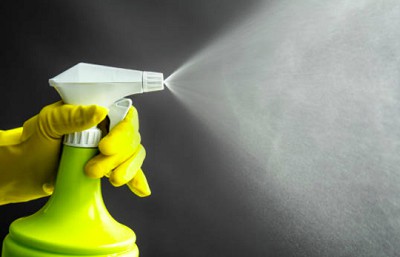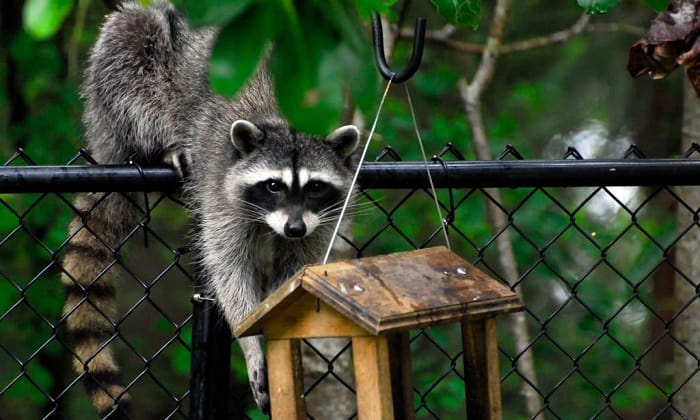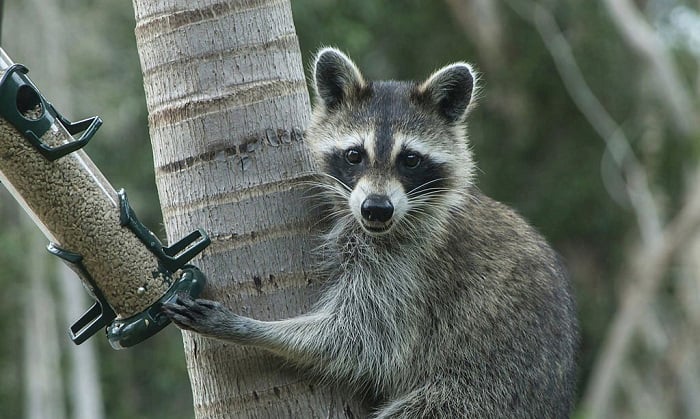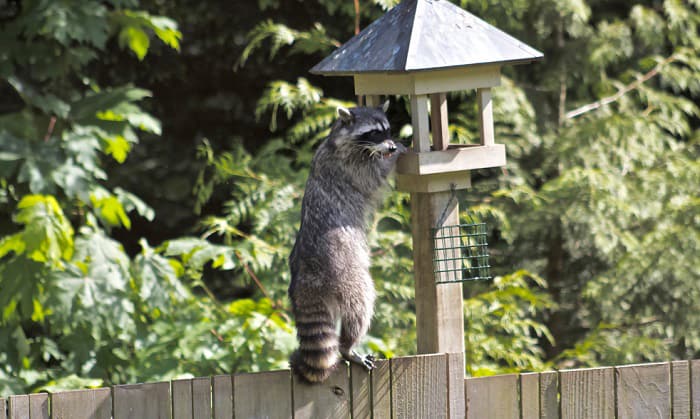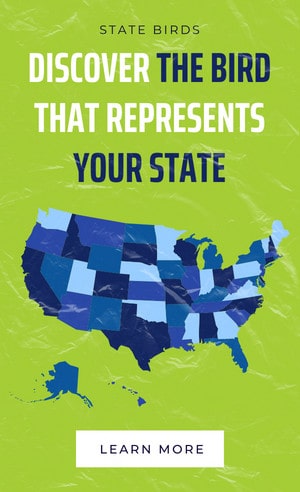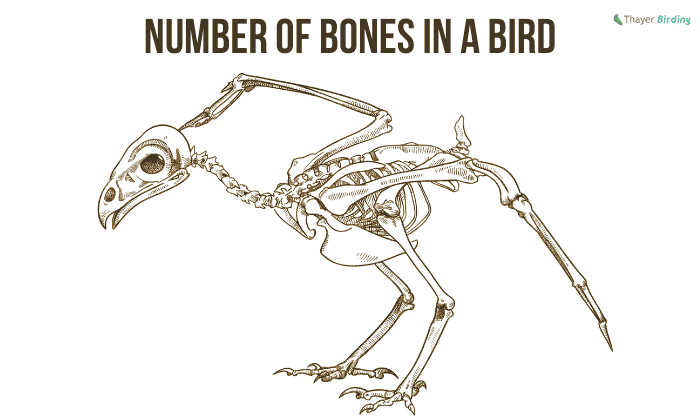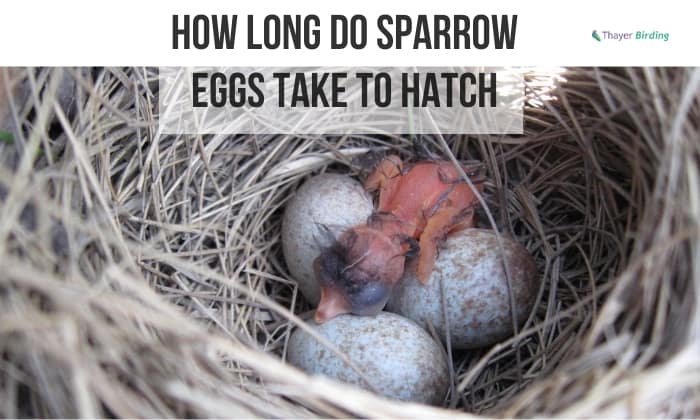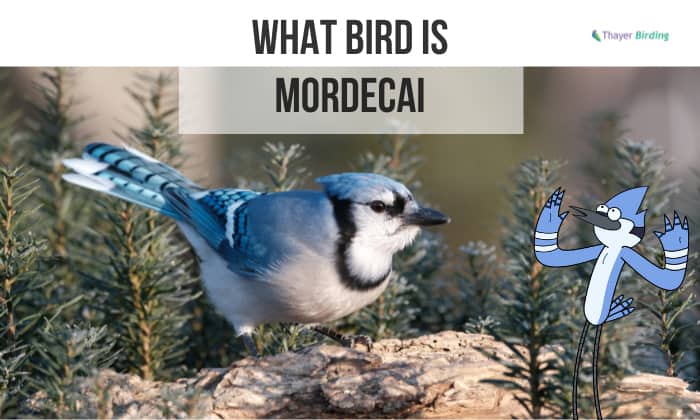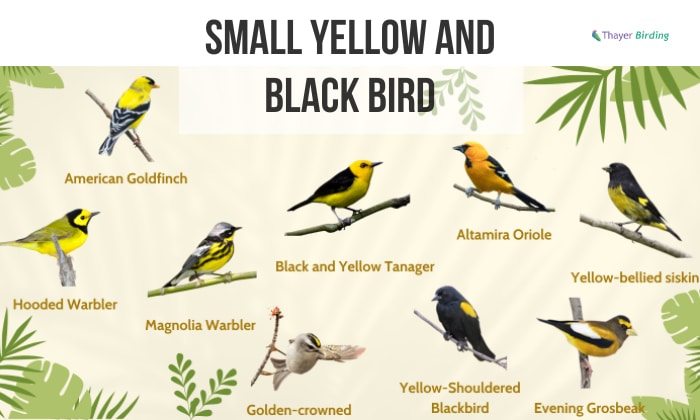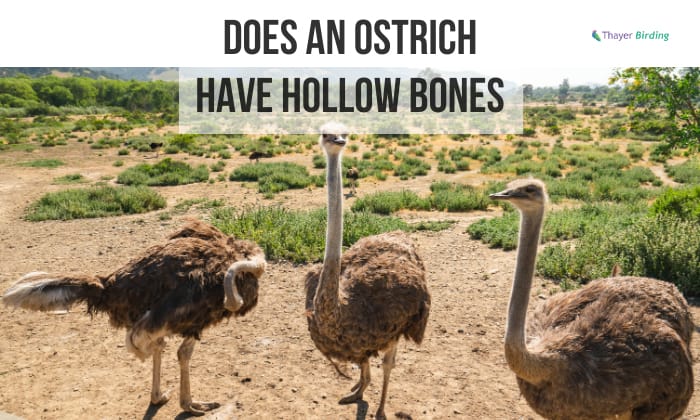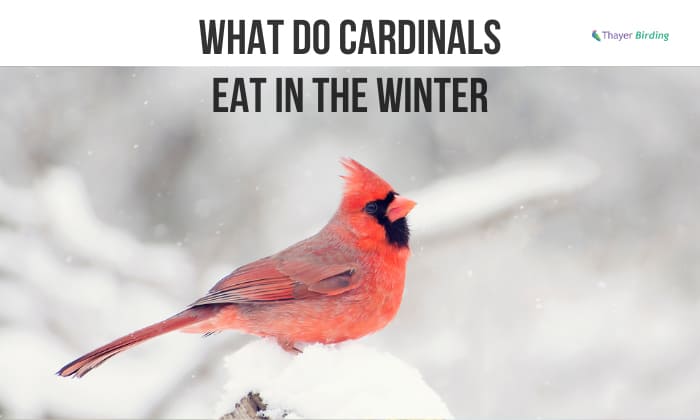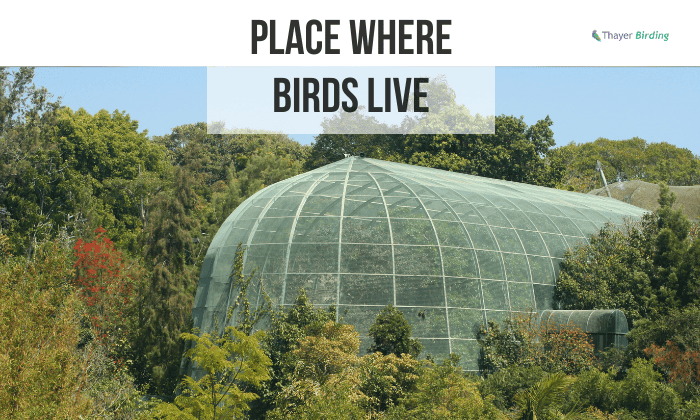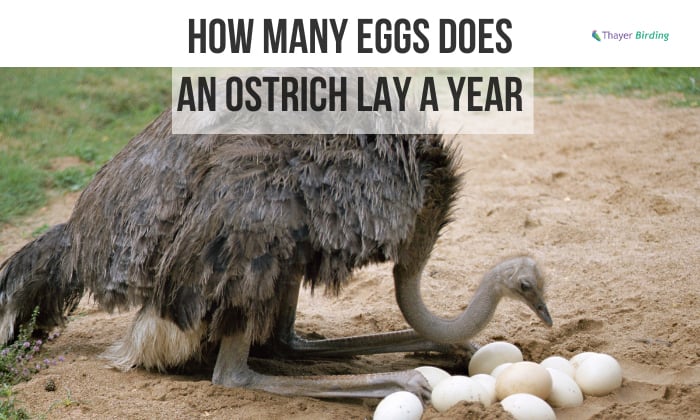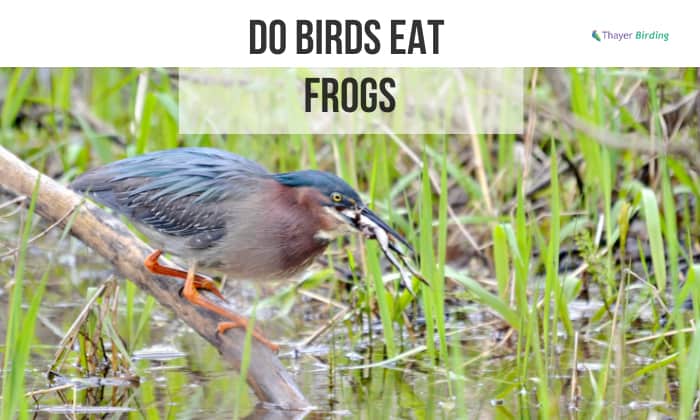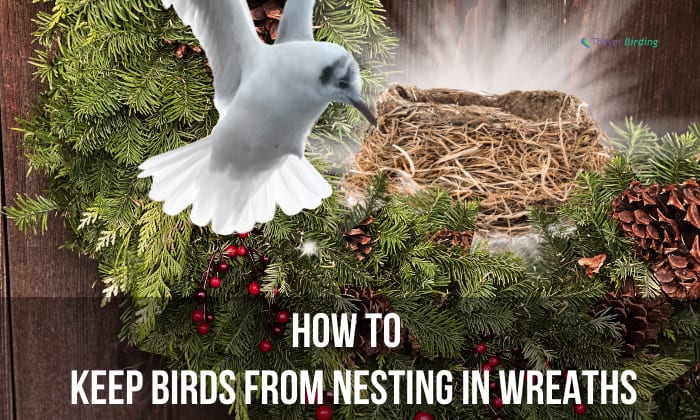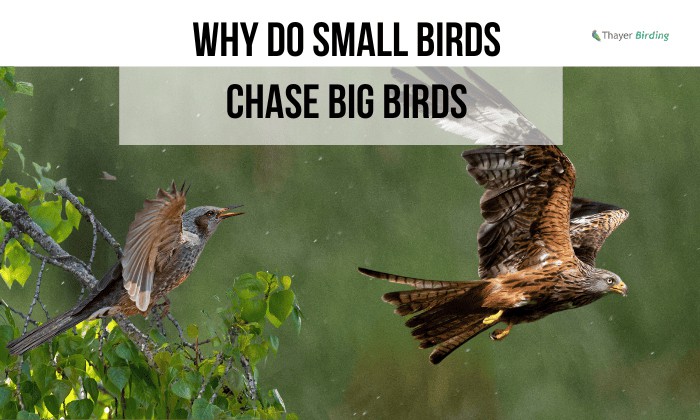Raccoons eat bird seed. They are notorious for raiding bird feeders. You’ve probably had your own share of their mischief that you decided to research how to keep raccoons out of bird feeders.
You have come to the right place if you want ideas to keep raccoons off bird feeders. Whether you want to go DIY or seek professional solutions, we have everything for you! By the end of this article, you will have all the knowledge you need to shoo away pesky raccoons from your bird feeders.
Table of Contents
Methods to Keep Raccoons Out of Bird Feeders
When left unchecked, raccoons can leave your bird feeder empty. That is why we need to find the best ways to scare raccoons away.
1. DIY Raccoon Proof Bird Feeder
Baffles are great for creating a raccoon-proof squirrel feeder. Here we will teach you how to make a raccoon baffle on your pole feeder in 4 easy steps.
What you need
- A 2-feet long stovepipe with a 6-inch diameter
- An end cap with a 6-inch diameter for the stovepipe
- 3 sheet metal screw
- Hose clamp
- Hole saw or metal bit
- Scrap wood
Step 1: Attach the end cap to the stovepipe
Clip the scrap wood to the end cap. Use the hole saw to make a hole in the center of the cap as big as the feeder pole.
Step 2: Secure the pieces with screws
Fasten the cap and stovepipe with the sheet metal screws. Drill the screws directly to keep the cap in place.
Step 3: Place the support piece on the feeder pole
Detach the bird feeder off the pole. Fix the hose clamp to the pole to support the stovepipe guard.
Step 4: Slip the baffle and return the feeder
Slide the guard from the top of the pole until it rests on the clamp. Then, place the bird feeder back.
With the baffle in the way, wild animals couldn’t climb the pole to reach the feeder. As such, it can effectively keep racoons out.
2. Homemade Anti-Racoon Spray
If you already have a steel raccoon baffle and want another layer of protection for a raccoon-proof feeding station, try creating a raccoon-repellent spray. This is also perfect for plants and trash cans often raided by these masked animals.
What you need
- Hot peppers
- Yellow onion
- 1 tablespoon cayenne pepper
- 2 quarts water
- Strainer
- Spray bottle
Step 1: Boil the water and add the ingredients
Put the minced hot peppers, yellow1 onion, and cayenne pepper in boiling water. Stir a bit and make sure the water covers all the ingredients.
Step 2: Let it simmer and cool
Boil everything for 20 minutes. Then, leave it to cool.
Step 3: Strain the mixture and transfer it to the spray bottle
Use the strainer to remove the peppers and onions from the liquid. Transfer the boiled mixture to a spray bottle.
Step 4: Spray around the feeder
You can spray this repellent on the feeder pole and around it on plants, trees, and your deck.
Note: Spray the mixture every 2 or 3 days and re-spray after the rain. To improve the solution’s adhesive quality, mix in half a teaspoon of dishwashing liquid.
3. Get Professional Help
If the pesky pets still come even after setting up a raccoon-proof suet feeder, it might be time to call the professionals. This is not just about hoarding the food in your feeders and chasing away your bird visitors; raccoons also transmit diseases.
Besides, we cannot completely rule out the possibility of raccoons attacking humans. Reach out to a wildlife removal expert near you. They will:
- Assess how severe your issue is
- Get rid of raccoons through humane methods
- Set up personalized methods to prevent the pests from coming back.
What Draw Raccoons To Bird Feeder?
Raccoons eat birds and practically anything from nuts to fruits, vegetables, and other small animals. They are easily drawn to bird feeders for a number of reasons.
- Raccoons have a washing habit where they will plunge their food into the water before consuming it. There are water sources near bird feeders—which makes the area enticing to them.
- Raccoons can easily sniff out any scraps of food on the ground. Scattered seeds under the bird feeder are often a sign that tells these annoying pests that there is a food source nearby.
Other things that can attract raccoons to your home and bird feeder are the following.
- Dog house
- Chicken coops
- Fish pond
- Garbage
- Shed or garage
- Garden beds
Identifying Signs That Have Raccoons Near Your Bird Feeder
Raccoons are nocturnal, which means they are active at night. It’s challenging to determine if they are rampaging on your property and eating food off your bird feeders. But that doesn’t mean there is no way of knowing.
These masked bandits leave some prints behind, and you need to be keen to detect them.
- Watch out for footprints measuring 2 to 3 inches wide on the front and 3 to 4 inches long on the rear.To distinguish a raccoon’s tracks from a possum, the footprints should go in a diagonal line.
- If raccoons are raiding trash cans or feeders, they are eating. And if they do, they will leave some dropping behind. Look for dark, cylindrical poops with rounded ends. You might also find some traces of trash in it.
- Aside from the sounds of rummaging and topping over things, raccoons make strange sounds. They growl, whistle, and growl while prowling around. So, keep your ears open for these noises.
- Raccoons leave a lot of a mess after mealtimes. You’ll notice:
- Broken and knocked-over food bowls and trash cans
- Disturbed garden beds and compost piles
- Empty feeders
What Should I Do When I Encounter a Raccoon?
First, don’t panic. Make yourself look bigger by standing tall with your chest out and back straight.
If the raccoon advances towards you, keep your stance. Break eye contact and back away slowly. Don’t attack unless they do first. Enter a building and wait until the raccoon goes away.
FAQs
What will repel raccoons but not birds?
To make raccoon destroying bird feeder pests stop on their track, you can make some changes to the food you are offering to the birds.
Raccoons, like other mammals, don’t like hot spices. Birds, on the other hand, are not bothered by capsaicin and have no adverse reaction to eating hot peppers.
Therefore, you can mix some hot pepper oil with your seed mix before serving them to the bird feeder. That way, you can make raccoons stay away from the feeder without deterring your avian visitors.
How often should I clean my bird feeders to prevent raccoons and other pests?
Clean your bird feeders once every two weeks or more frequently if you have high bird traffic in your feeders. A hot soapy water mixture is enough to make it squeaky clean. Make sure to completely dry out the feeder before setting it up again.
Cleaning feeders regularly will not only keep raccoons away but also ensure that they won’t become a breeding ground for diseases to spread.
How Far Can Raccoons Jump?
Raccoons are slow and sluggish animals, but they are fantastic climbers and jumpers. They can jump 4 feet off the ground with their short and thick legs. If they jump sideways or vertically from a high point, they can cover approximately 3 to 4 feet.
Knowing how high and far a raccoon can jump will help you properly set up your bird feeders.
How High To Hang Bird Feeder?
It is vital to know the right height considerations for your bird feeder to keep animals away. The ideal height for a bird feeder is 5 to 6 feet. This is tall enough to ward off a jumping squirrel and raccoon and not too high for you to access the feeder.
Read more: Detailed Steps to Keep Squirrels Out of Bird Feeder.
What grease to use to prevent raccoons from climbing?
Raccoons can climb a shepherd’s hook, which makes it tricky for homeowners to deal with. The tip here is to focus on the area below the hook, stopping raccoons from climbing bird feeder pole.
One option to consider is spreading automotive grease or non-food grease on the pole. Apply it at the highest point of the pole just below the feeder. Squirrels and raccoons climb PVC pipes, and this is a trick used by many homeowners to keep them off the gutter system.
However, it is not advised to grease the pole to deter raccoons. This can be dangerous for your bird visitors since grease can stick to their feathers and make preening difficult. It is better to stick to the tips we shared in the previous sections.
What are raccoons afraid of?
Barking dogs can scare away raccoons. Despite their fearless reputation, raccoons will flee away upon hearing a dog’s bark. You can use this fear as an effective and powerful deterrent.
Conclusion
We hope this article was able to teach you how to keep raccoons out of bird feeders. Now, you can feel at ease knowing our method works and can keep raccoons out from bird house.
Have you tried any of our techniques? Do you have some tips to share with us to scare raccoons away? Comment below. We always love hearing from our readers!

George and I became friends after a birdwatching trip with our new group. And we have been enjoying every adventure together. When he told me the idea of establishing a site that shares our experiences and fun, I immediately agreed. After trials and errors, here we have Thayerbirding.


